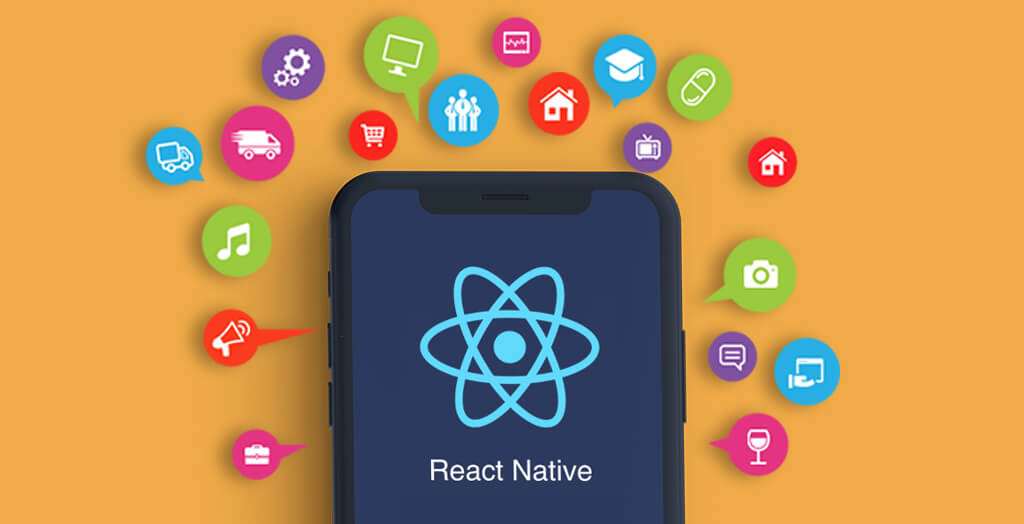Data security is of utmost importance to any app development service or company in the current digital era. With the rising amount of data breaches and cyber threats, it is critical to use cutting-edge technology to protect sensitive information. In the struggle for app security, artificial intelligence (AI) has emerged as a formidable ally and Protect Your Users’ Data.
In this article, we will look at what AI for app security comprises, why it is important, how to properly integrate it, which AI approaches are most suited, and the SEO consequences.
What is AI for App Security?
AI for App Security is the utilization of artificial intelligence and machine learning technologies to enhance the protection of user data within mobile and web applications development. This approach involves using AI algorithms to detect and mitigate security threats proactively. It enables real-time monitoring, anomaly detection, and behavior analysis, safeguarding against evolving cyber threats.
AI for App Security has become essential due to the increasing sophistication of hackers, stringent data privacy regulations, the rising cost of data breaches, and the importance of building user trust. By employing AI-driven security measures, businesses can mitigate risks and ensure the safety of sensitive user information and Protect Your Users’ Data.
Why is AI for App Security Essential?
AI for App Security is essential for several critical reasons:
Evolving Threat Landscape:
The digital landscape is constantly evolving, with cyber threats becoming more sophisticated. AI can adapt and respond in real time to these ever-changing threats, providing a more proactive defence.
Data Privacy Regulations:
Stricter data protection laws, such as GDPR and CCPA, require organizations to ensure the security of user data. AI helps in compliance by identifying and mitigating risks, reducing the potential for regulatory fines and reputational damage.
Data Breach Costs:
Data breaches can lead to substantial financial and reputational losses. AI can significantly reduce the likelihood of breaches, saving organizations from potential legal and financial liabilities.
User Trust:
Users are increasingly concerned about their data privacy. Demonstrating a commitment to data security through AI can build trust with users, encouraging them to use and recommend your app.
Real-time Threat Detection:
AI enables real-time monitoring and rapid threat detection, minimizing the damage from cyberattacks and ensuring a more robust security posture and Protect Your Users’ Data.
How to Implement AI for App Security Effectively
Implementing AI for app security effectively involves a structured approach to ensure comprehensive protection. Here are the key steps:
Risk Assessment:
Begin by identifying potential vulnerabilities in your app, considering aspects like data storage, user access, and third-party integrations.
Analyze the types of data your app collects and stores to determine its sensitivity and the potential risks associated with it.
AI Model Selection:
Choose the most suitable AI techniques for your app’s security needs. Common approaches include anomaly detection, behaviour analysis, predictive analytics, and natural language processing (NLP) and Protect Your Users’ Data.
Data Collection and Training:
Gather relevant data for training your AI models. This may include historical security incidents, user behaviour patterns, and network traffic data.
Ensure data privacy and compliance with relevant regulations while collecting and processing data.
Real-time Monitoring:
Implement AI-powered monitoring systems that continuously watch for unusual activities or patterns within your app.
Set up alerts and automated responses to potential security threats to enable immediate action.
Regular Updates:
Keep your AI models up to date to adapt to new threats and changing user behaviours.
Stay informed about emerging cybersecurity trends and incorporate these insights into your security strategy.
User Education:
Educate your app’s users about cybersecurity best practices, such as creating strong passwords, enabling multi-factor authentication, and being cautious with personal information sharing.
Collaboration with Security Experts:
Partner with cybersecurity experts or consult security professionals to ensure that your AI-based security measures are comprehensive and effective.
Testing and Validation:
Thoroughly test your AI-based security measures in controlled environments to identify any potential weaknesses or false positives/negatives.
Validate the accuracy and effectiveness of your AI models before deploying them in a production environment.
Incident Response Plan:
Develop a well-defined incident response plan to address security breaches promptly if they occur. Ensure that your team knows how to execute this plan effectively.
Compliance and Documentation:
Maintain documentation of your AI security processes and procedures for compliance purposes.
Regularly audit your AI security implementations to ensure they align with industry best practices and evolving regulations.
User Feedback and Iteration:
Encourage users to report security concerns or suspicious activities within the app.
Use user feedback to refine your AI security measures continually.
Conclusion:
In today’s digital world, AI for app security is no longer a choice; it’s a need. You can secure your users’ data and improve your app’s reputation and visibility in the market by knowing what AI for app security is, why it’s important, how to apply it successfully, which AI approaches to employ, and the SEO consequences.









